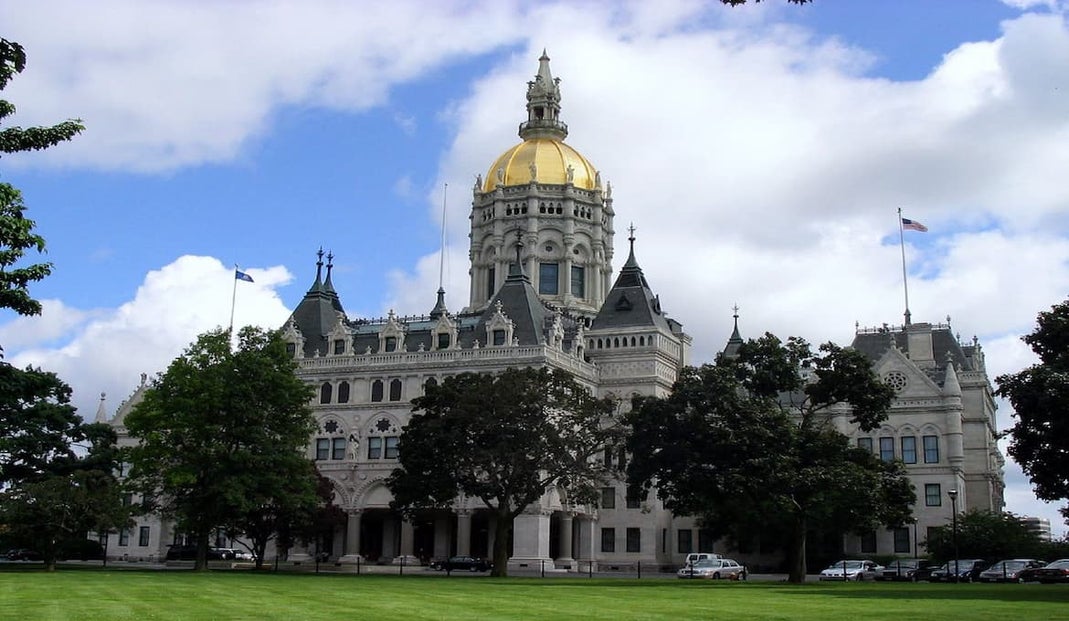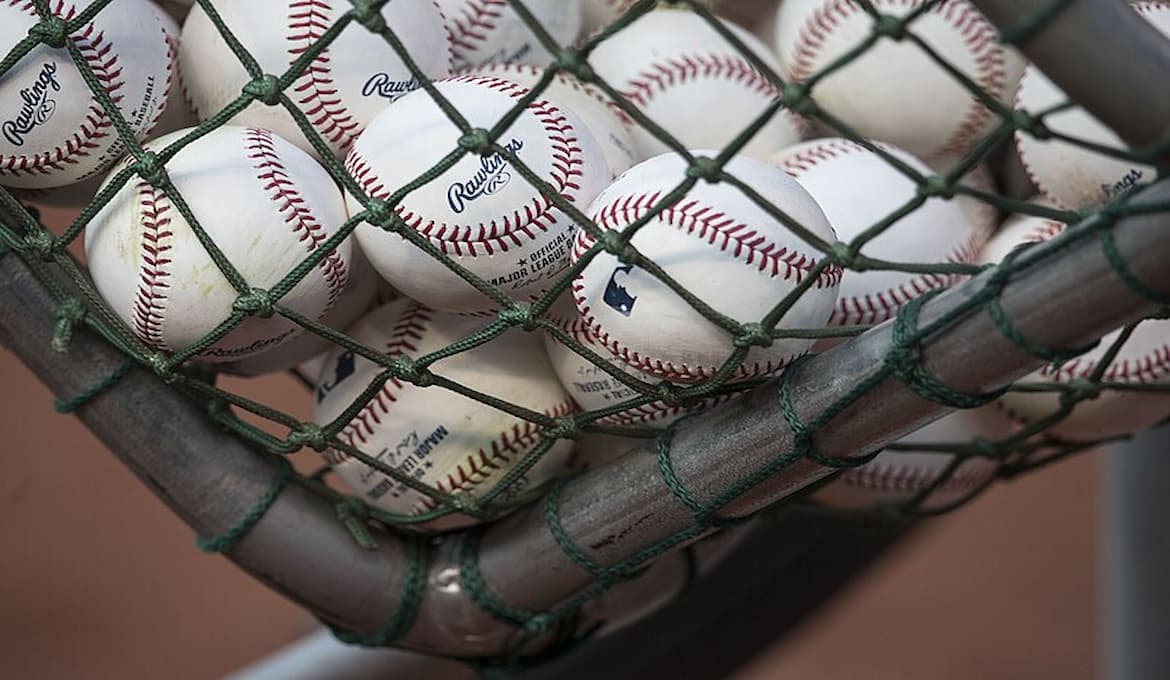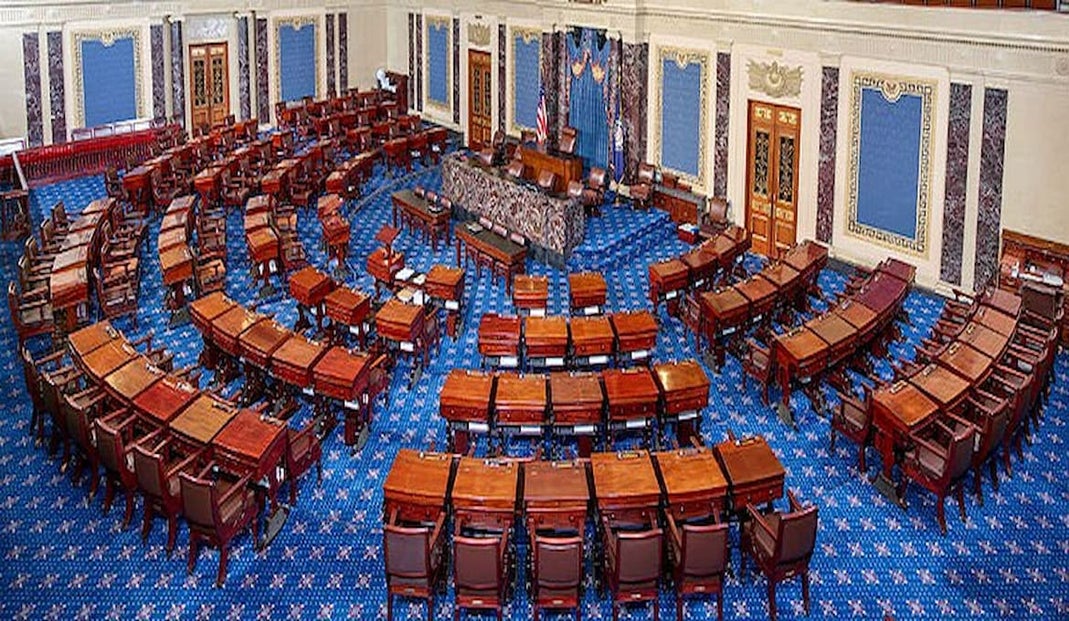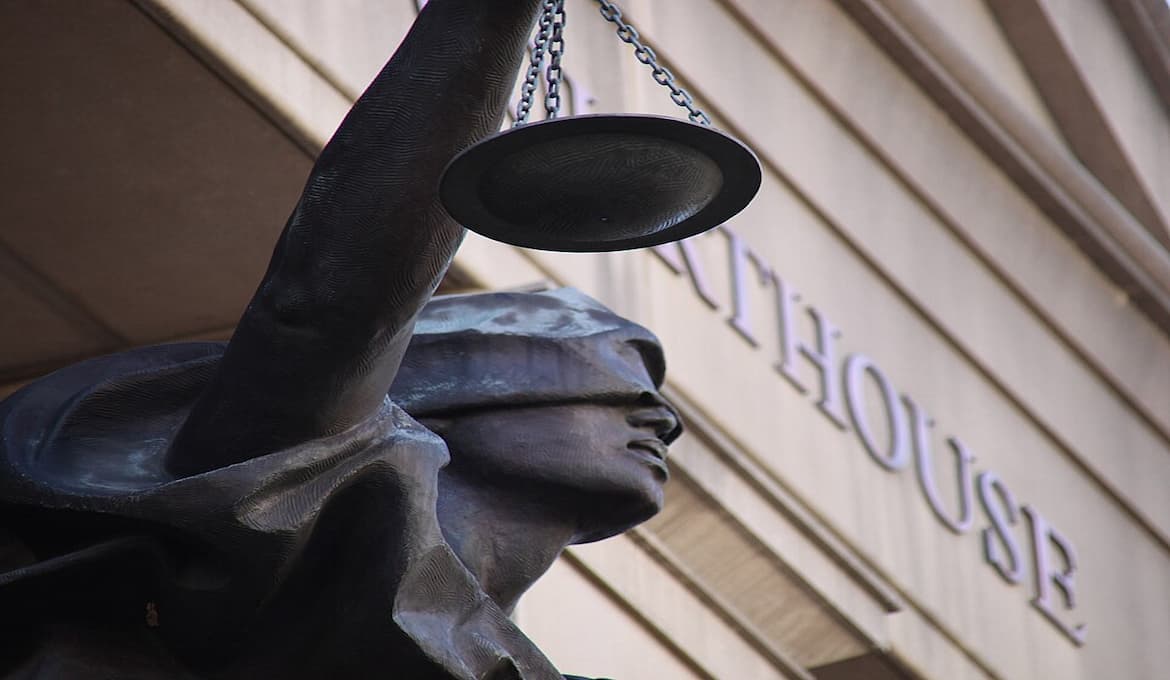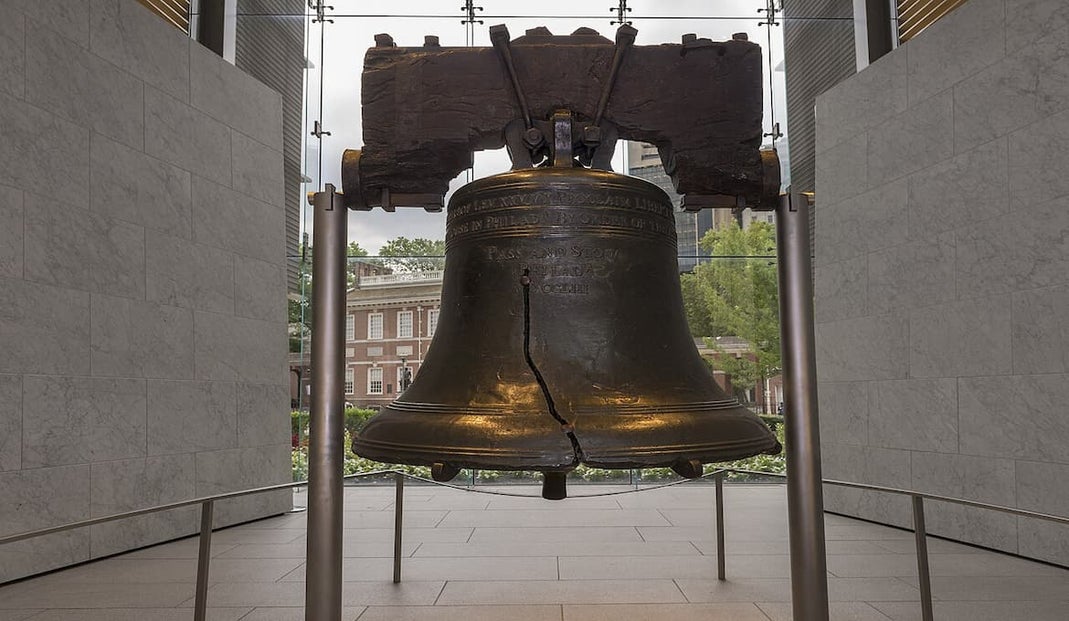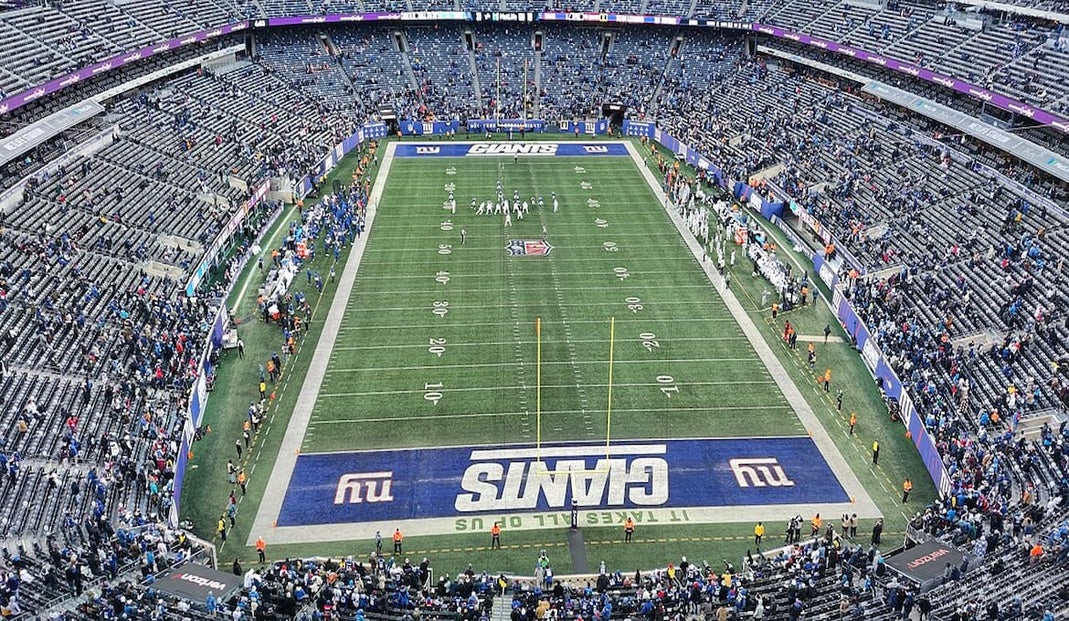Several Factors Behind the Push to Shut Out Bovada
Bovada has had a lot of success with its sportsbook in the US, operating in the so-called “grey market” in most states. However, that began to change once PASPA was overturned in 2018, paving the way for legal sports betting nationwide.
The biggest reason for the rash of legal threats against Bovada is the revenue being lost by the states. All regulated sportsbooks are taxes, ensuring the state receives a cut of the industry. That money is being used for schools and other state projects, and the states don’t want to see offshore books cut into that.
The other reason is the safety of bettors. Offshore sportsbooks have no enforceable regulations in the US, meaning there is no recourse for customers who have money taken or other adverse actions. While Bovada’s reputation is generally positive, the lack of regulations does put its US customers at risk.
Bovada’s Compiance Leading to More Letters
As of today, Bovada is now banned in 14 different US markets. That number has proliferated after several states began sending cease-and-desist letters. While only a few came initially, the operators’ willingness to comply led to more.
While the states are threatening legal action, they do not have the ability to do so. Since Bovada is based outside the US, individual states have no legal resources. Instead, the federal government must intervene, assuming they agree to do so, which could take time.
Regulator Cry Foul Over Advertising
In addition to the overall negatives of offshore sportsbooks, the Massachusetts Gaming Commission (MGC) has also taken issue with how Bovada advertises to residents. The site claims to be “USA-based” but is actually out of Curaçao.
The MGC says the misleading advertising tactic attempts to trick bettors into thinking the platform is regulated. Advertising has been a hot topic even with regulated sportsbooks, but regulators aren’t going to give Bovada room to work.
.svg)





